Comments
- No comments found
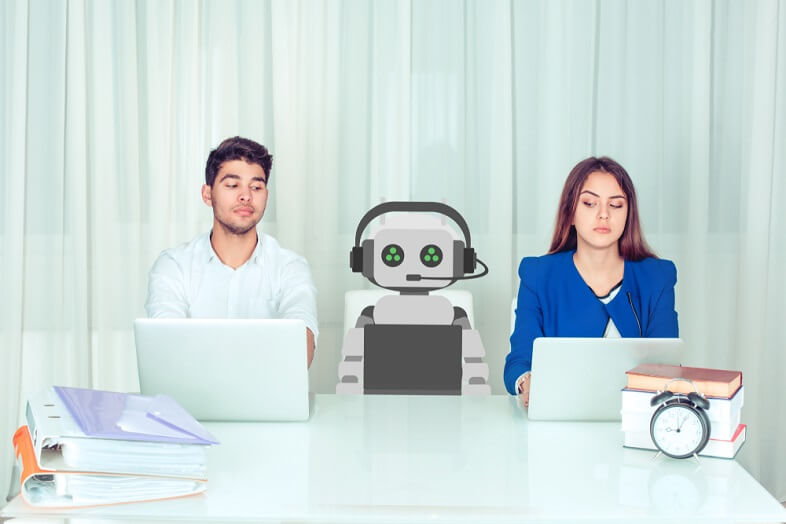
Artificial intelligence is changing the modern workplace, raising important questions for our society.
Everybody knows artificial intelligence (AI) is meant to bring a huge competitive edge to those who successfully adapt it.
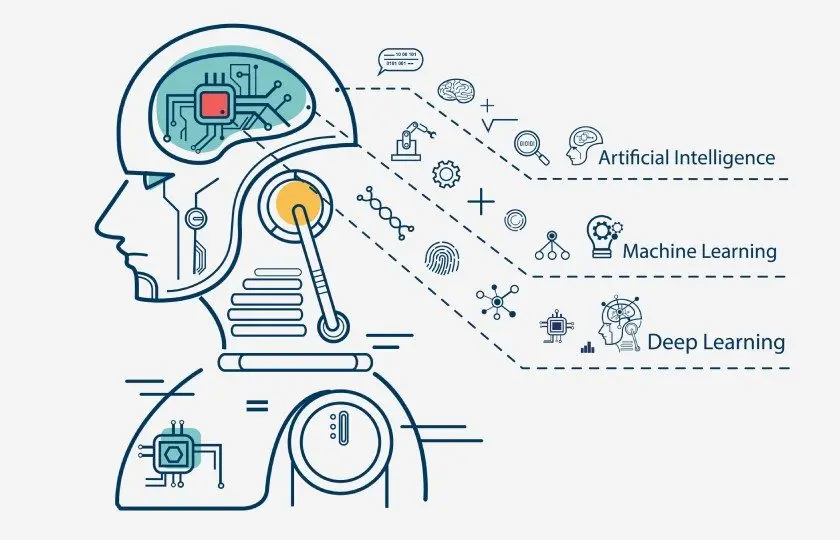
The challenge, however, is to identify what makes AI adaptation truly successful. In the past few years, we’ve seen many technology fads come and go. Maybe it didn’t bring enough value. Or maybe, employees found it too difficult to use, and tossed it aside in favour of ‘traditional’ methods.
The two unlikely friends came from opposite sides of the world. Both were dressed in crisply tailored suits and sat with an azure blue backdrop behind them on the stage of the 2019 World Artificial Intelligence Conference. Chinese billionaire and co-founder of e-commerce behemoth Alibaba Group Jack Ma traded opinions with Tesla CEO Elon Musk.
While Ma joked AI might stand for Alibaba Intelligence, Musk took a more sober stance. AI will be smarter than the smartest human, he said. By what degree? His adjective: "vastly."
But what does "vastly" mean for you and I?
Remember when you were a child and the new kid in the neighbourhood proved to be an absolute brainiac? Maybe your heart sped up a bit at the thought she would pull down the curve in math class. Artificial intelligence is a little like that. We know it's here. We know it won't go away. But we don't know how it will change our lives as employees, leaders, customers, supplier partners, consumers, human beings.
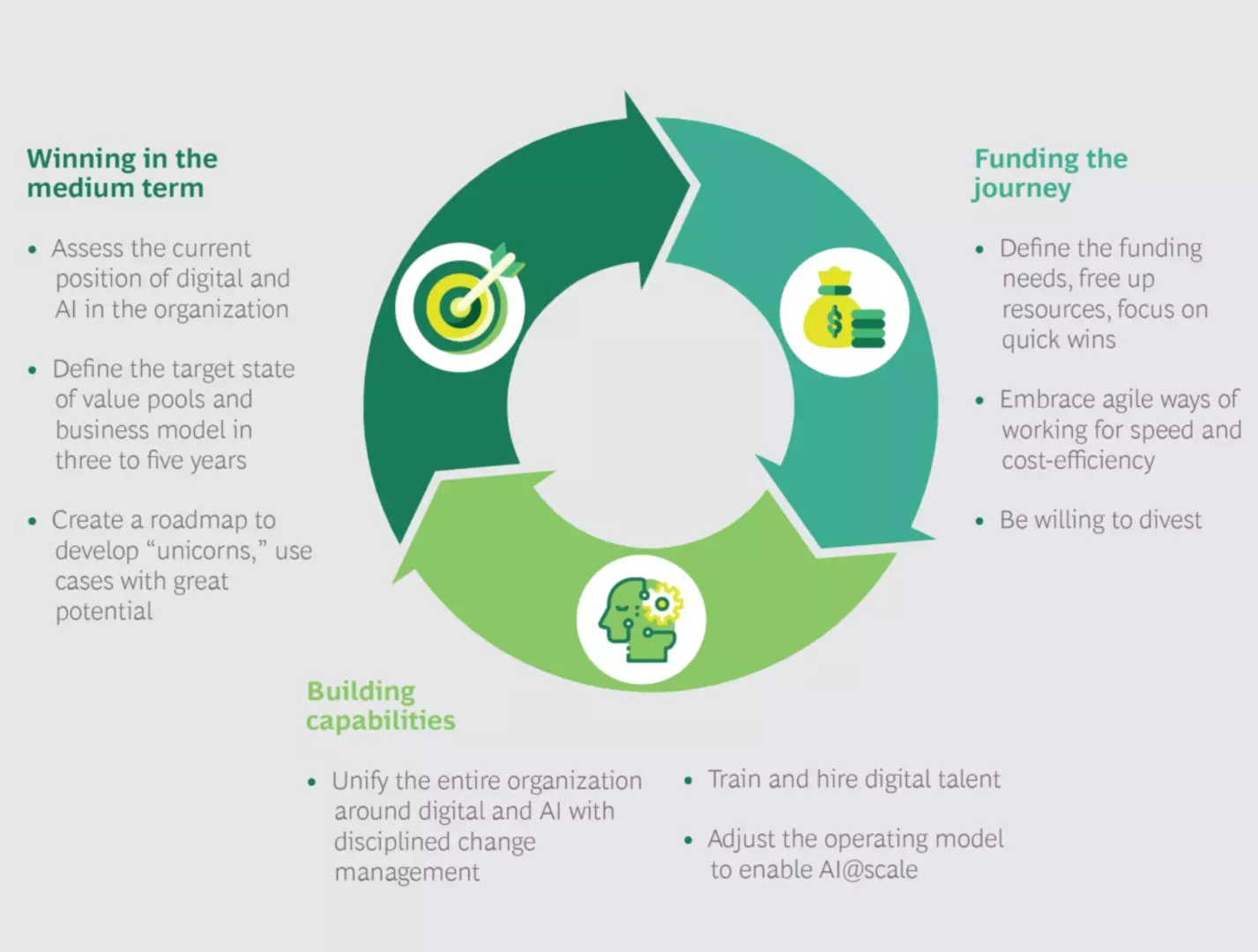
Author Eric Hoffer once said: “In times of change, learners inherit the earth, while the learned find themselves beautifully equipped to deal with a world that no longer exists.”
In a poetic way, Hoffer describes the heart of change management. Applying Hoffer's point to AI, it's not enough to be "learned" or experts on the technology. AI will be transformational, making everyone within the organisation's ecosystem a "learner" of AI. In fact, focusing on the psychological and cultural changes within your organisation is critical for any transformation or technology adoption.
I saw the importance of this firsthand recently as I completed a cybersecurity programme at MIT Sloan Management. AI and its implications on people were topics we discussed. Why? Because we are like humans playing with fire for the first time. Understanding our relationship with AI and how people inside and outside our organisations adapt to this new technology frontier directly impacts an organisation's strategic approach to keeping an organisation safe, sustainable, and well defended against the misuse of AI.
Like many things, questions beg more questions.
How do we prepare for the change AI is now triggering? What is the psychological and cultural impact of AI and machine learning? How will our decision-making process change when we turn to bits and bytes as a key contributor? How do we equip people with tools for success? How do we allay fears that jobs will be compromised?
These "softer" questions go beyond the technology and data. And that's exactly the point.
Adopting AI culturally within our organisations not only requires support from the board and executive level, but also a framework that helps people understand their role throughout the transformation.
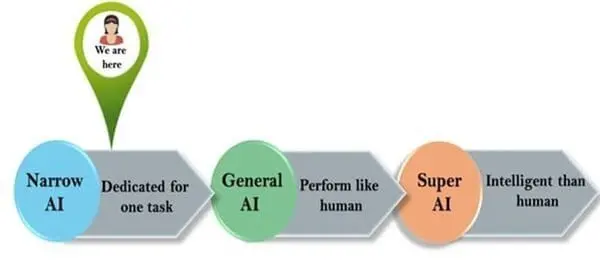
Fact: It is inevitable for organisations to focus on workforce transformation regardless of what they believe. They will either disrupt or be disrupted.
Getting ready for embracing changes starts at making sure all employees have a baseline understanding of emerging technology such as AI and cybersecurity. Include discussions around their opinions and ideas. Building and managing an organisational culture of embracing emerging technology beginswith an employee's on-boarding training and continuous learning programme. Discussing the values, attitudes, and beliefs that drive AI and cybersecurity behaviours in an organisation will help employees reduce anxieties.
Therefore, changing behaviours means taking into consideration values, attitudes, and beliefs. Leaders and executives play an important role in conveying the importance of technology advancement and how that directly correlates to the greater success of the company.
Other points to consider include the following. I would challenge organisations to write out a statement addressing these points for greater clarity.
Why we need to adopt AI and machine learning.
What problems are we solving through AI as a team or as a company.
What needs to be done and how people contribute to success.
What workforce composition looks like from a technology perspective.
The training programme to re-skill the existing workforce and prepare them for the future of work.
The CEO and leadership team's role in AI adoption.
How is AI adoption success being measured.
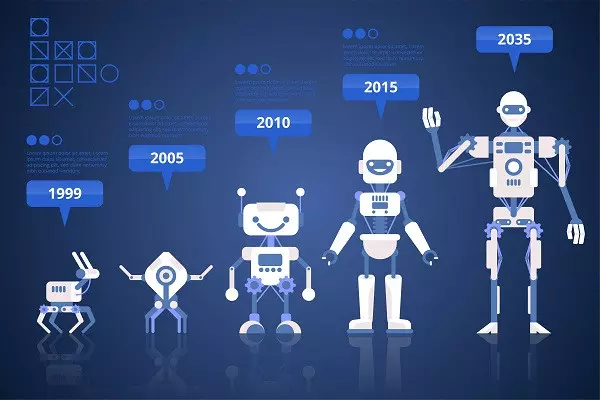
Change is hard; change is frightening; change disrupts our world (world, here, being defined as the world we as individuals operate in — going to work, attending school, taking our children to soccer, having a beer with the neighbour on Saturday after mowing the lawn).
Change, of course, is also good. There would be no glory in eschewing penicillin or pasteurisation in the name of keeping things the same.
In an article by Scott Mathis, he wrote: "AI will not replace humans. AI will enable humans to ask the right questions to innovate."
After seeing Musk and Ma trade opinions about AI, I venture to guess both would probably agree that asking the right questions, rather than barreling down the path of AI without regard for the people using it, is the right place to start. Those questions begin, not just with their careers or the way they buy products, but the long-term psychological impact on all of us and how our culture will change as a result.
Helen Yu is a Global Top 20 thought leader in 10 categories, including digital transformation, artificial intelligence, cloud computing, cybersecurity, internet of things and marketing. She is a Board Director, Fortune 500 Advisor, WSJ Best Selling & Award Winning Author, Keynote Speaker, Top 50 Women in Tech and IBM Top 10 Global Thought Leader in Digital Transformation. She is also the Founder & CEO of Tigon Advisory, a CXO-as-a-Service growth accelerator, which multiplies growth opportunities from startups to large enterprises. Helen collaborated with prestigious organizations including Intel, VMware, Salesforce, Cisco, Qualcomm, AT&T, IBM, Microsoft and Vodafone. She is also the author of Ascend Your Start-Up.
Leave your comments
Post comment as a guest